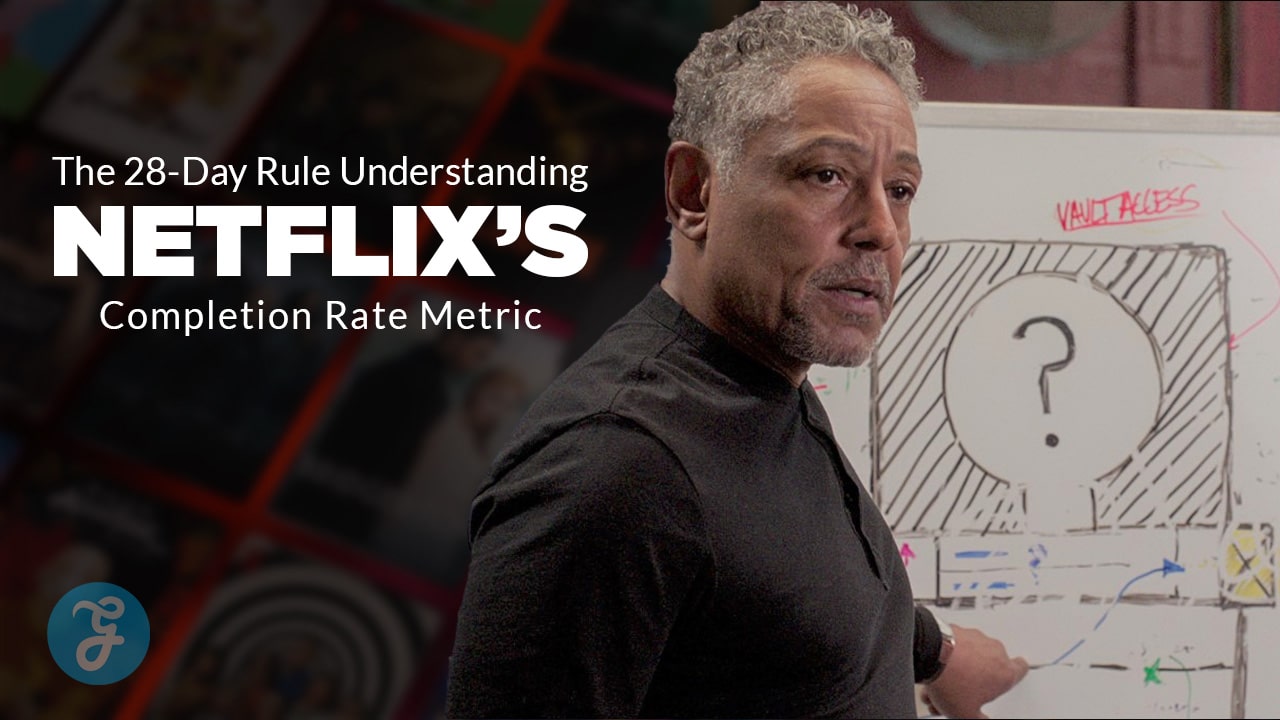Starting and running a small business in South Africa is both exciting and challenging.
With opportunities for growth and innovation come risks that could potentially disrupt operations, impact finances, or lead to legal liabilities.
Business insurance is a vital part of managing these risks, providing financial security and protection that allow small enterprises to thrive, even in the face of unexpected setbacks.
Let’s explore the five critical types of business insurance that every small business in South Africa should consider.
The Importance of Business Insurance for Small Enterprises in South Africa
South Africa’s diverse business environment offers tremendous opportunities, but it also presents unique risks.
Small enterprises in the country face challenges ranging from economic fluctuations and theft to natural disasters.
Business insurance provides financial protection by covering costs associated with these risks, enabling businesses to focus on growth without worrying about financial setbacks.
In the following sections, we’ll delve into the essential types of insurance that can protect your business and give you peace of mind.
1. Public Liability Insurance

Public liability insurance is one of the most critical types of coverage for businesses of any size, particularly for small enterprises interacting with customers, vendors, or the public.
This insurance provides protection against claims resulting from injuries or damages that occur on your business premises or as a result of your business operations.
- Why Public Liability Insurance is Essential
Accidents can happen at any time, and even a minor incident involving a customer or supplier can lead to significant legal costs. Public liability insurance protects your business from claims if someone is injured or their property is damaged due to your business activities. In a litigious society, this coverage is essential for businesses that want to operate responsibly and avoid costly lawsuits. - What Public Liability Insurance Covers
Public liability insurance typically covers legal fees, medical expenses, and damages if a third party is injured or their property is damaged on your premises or due to your operations. Coverage includes incidents such as slip-and-fall accidents, equipment damage, or accidental injuries caused by your employees. - Example for Small Enterprises in South Africa
Imagine you run a small café in Johannesburg, and a customer slips on a wet floor, injuring themselves. Without public liability insurance, your business could be responsible for covering medical expenses and legal fees if the customer decides to sue. Public liability insurance provides financial protection in such situations, allowing your business to handle claims without disrupting operations.
2. Business Interruption Insurance
Business interruption insurance is another crucial policy, especially for small enterprises that may not have the financial resilience to handle long-term disruptions.
This coverage compensates for lost income and operating expenses if your business operations are interrupted due to events beyond your control, such as fire, natural disasters, or other significant incidents.
- Why Business Interruption Insurance is Important
For small businesses, even a brief interruption can have a severe financial impact, as they may not have substantial reserves to cover ongoing expenses during downtime. Business interruption insurance provides a financial cushion, allowing you to cover operating costs, payroll, and other fixed expenses until you can resume normal operations. - What Business Interruption Insurance Covers
This type of insurance covers lost income, rental or mortgage payments, utilities, payroll, and other essential expenses. Coverage typically kicks in after a covered incident—such as a fire or flood—that forces you to halt operations. Some policies may also cover the costs associated with relocating temporarily or setting up a remote work environment. - Example for Small Enterprises in South Africa
Suppose you own a small manufacturing business in Durban. If a fire damages your facility, business interruption insurance can help cover lost revenue, equipment rental fees, and temporary relocation costs until your factory is operational again. This support can be essential for ensuring financial stability during unexpected disruptions.
3. Commercial Property Insurance
Commercial property insurance is vital for small businesses that own or rent physical space and have valuable assets.
This coverage protects your building, equipment, inventory, and other assets from risks like fire, theft, vandalism, and natural disasters, ensuring you can quickly recover if an incident occurs.
- Why Commercial Property Insurance is a Must-Have
Property damage can be devastating, particularly for small enterprises that may not have the funds to replace costly equipment or inventory. Commercial property insurance ensures that your business assets are covered, enabling you to get back on track with minimal disruption and financial impact. - What Commercial Property Insurance Covers
This insurance typically covers repair or replacement costs for buildings, equipment, inventory, and furnishings damaged or destroyed by a covered event. Some policies may also offer coverage for damage caused by natural disasters like floods or earthquakes, though these events might require additional riders depending on the policy. - Example for Small Enterprises in South Africa
Consider a small retail store in Cape Town that relies heavily on inventory and equipment. If a break-in results in stolen goods and damaged property, commercial property insurance can cover the repair and replacement costs. This protection is invaluable for small businesses that may otherwise struggle to afford recovery costs.
4. Workers’ Compensation Insurance
In South Africa, workers’ compensation insurance is essential for any business with employees.
This insurance provides financial assistance to employees who are injured or become ill due to work-related activities, covering medical costs, rehabilitation expenses, and lost wages.
- The Importance of Workers’ Compensation Insurance
Workers’ compensation insurance demonstrates that your business values employee well-being. It also protects you from potential lawsuits if an employee is injured at work, as the insurance provides benefits without the need for legal action. In addition to legal compliance, it creates a safer and more secure working environment. - What Workers’ Compensation Insurance Covers
Workers’ compensation insurance typically covers medical bills, rehabilitation costs, and a portion of lost wages for employees injured on the job. Coverage can include accidents like machinery injuries, slips, and falls, as well as occupational illnesses caused by exposure to workplace hazards. - Example for Small Enterprises in South Africa
Imagine a construction company with a team of employees working on various projects. If a worker injures their back while lifting equipment, workers’ compensation insurance can cover their medical treatment and wage replacement during recovery. This coverage helps the employee get the care they need while protecting the business from potential legal costs.
5. Professional Indemnity Insurance
Professional indemnity insurance, also known as errors and omissions (E&O) insurance, is essential for service-based businesses or any enterprise providing professional advice.
This insurance protects against claims of negligence, misrepresentation, or inadequate service that lead to financial losses for a client.
- Why Professional Indemnity Insurance is Essential
Small businesses providing consulting, accounting, legal, or advisory services face risks if a client experiences a loss and holds the business responsible. Professional indemnity insurance covers the costs of defending against such claims, allowing businesses to operate confidently without fearing financial ruin from a lawsuit. - What Professional Indemnity Insurance Covers
This insurance typically covers legal fees, settlement costs, and any compensation owed to a client if your business is found liable for negligence, mistakes, or inadequate work. This coverage is invaluable for service-based businesses where customer satisfaction and trust are paramount. - Example for Small Enterprises in South Africa
Consider a small consulting firm providing financial advice. If a client claims that advice led to a financial loss and sues for damages, professional indemnity insurance would cover the legal costs and any settlements. This coverage allows service-oriented businesses to operate confidently, even in high-stakes environments.
Choosing the Right Business Insurance for Your Small Enterprise
Selecting the appropriate insurance coverage for your small enterprise is crucial for mitigating risks and ensuring long-term growth.
Each type of insurance provides protection for different aspects of your business, from liability and property protection to employee welfare and service-based risks.
Consulting with an insurance professional familiar with South African regulations and business challenges is advisable, as they can guide you in selecting the right combination of policies for your unique needs.
Takeaway: Protect Your Small Business with Comprehensive Insurance Coverage
Running a small business comes with inherent risks, but having the right insurance in place can offer peace of mind and financial security.
By investing in public liability insurance, business interruption insurance, commercial property insurance, workers’ compensation, and professional indemnity insurance, South African entrepreneurs can safeguard their ventures and focus on growth with confidence.
As you build your business, remember that protecting your assets, employees, and reputation is essential for creating a resilient and successful enterprise.




































